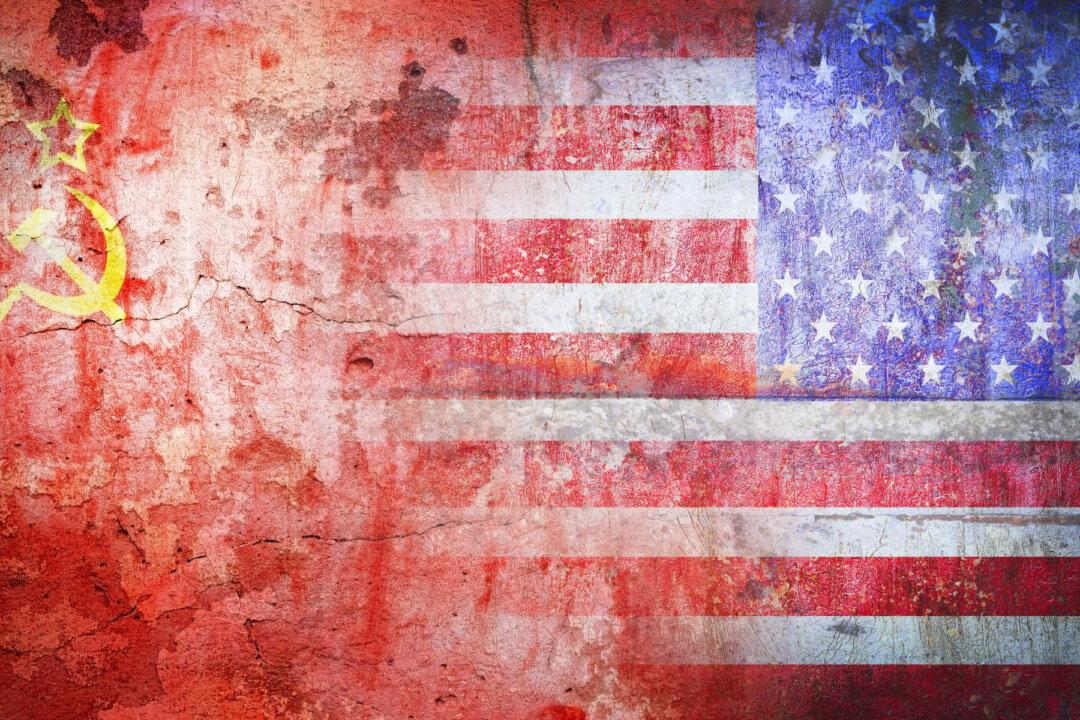Commentary
The death of Mikhail Gorbachev on Aug. 30 unleashed a wave of nostalgia for simpler and better times. That’s odd, isn’t it?

The death of Mikhail Gorbachev on Aug. 30 unleashed a wave of nostalgia for simpler and better times. That’s odd, isn’t it?